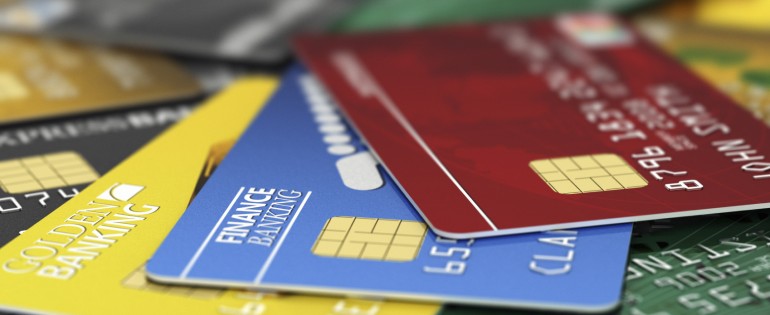
Credit Cards Vs. Debit Cards: Which Is Right For You?
by Laura Agadoni / 0 Comments / Mar 17, 2015
There’s much to consider in the debate between credit cards vs. debit cards. It’s often difficult to tell any difference between a prepaid debit card, a debit card and a credit card just by looking at them. But the differences between them are great. The biggest divide, however, is between both types of debit cards and credit cards. Both debit cards work with money you already have, so they are essentially different methods of paying in cash. Credit cards, on the other hand, allow you to borrow money, which you can pay back in full when your statement arrives or pay back in installments.
Building Credit
If you have bad or no credit, your goal is probably to get a high credit score so you can qualify for and get the best interest rates on credit cards and other types of loans. Meanwhile, you might need a piece of plastic to pay bills online, shop online, rent a car or reserve a hotel.
- Prepaid and debit cards: Both prepaid debit cards and debit cards come in handy — you can conduct all transactions with them that you typically need a credit card for. However, they do nothing to help your credit score because they do not report to the credit bureaus.
- Secured credit card: If building your credit score is your goal, consider taking out a secured credit card. Secured credit cards build credit history if they report to the credit bureaus. They work the same way as a prepaid debit card — you must load your own money onto them. The difference is that many secured credit cards report your activity to the credit bureaus, but prepaid debit cards do not.
Protection
If you lost your card or someone stole it, you get the best protection with a credit card. All your money could be taken from your bank account if someone stole your debit card, and you’d have to wait for your money to be returned — that is, if you qualify. Here’s the breakdown of what to do if you have a lost or stolen card situation, according to the Federal Trade Commission.
- Credit card: Report the lost or stolen card as soon as possible. Then, you are not responsible for any transactions that happen after you report the episode. The most you stand to lose from a lost or stolen credit card incident is $50. That’s the maximum liability you can incur for unauthorized use of your credit card.
- Debit card: It’s essential that you report the lost or stolen card as soon as possible. You are not responsible for the unauthorized transactions if you report it before anyone uses it. If you report the card lost or stolen after someone else has used it, what you are liable for depends on how fast you reported the incident. If you report it lost or stolen within two business days, your liability is $50. If you report the incident between two and 60 calendar days, you could be liable up to $500. If you wait longer than 60 days, you could lose and not recover all the money that was taken from the account.
- Prepaid debit card: If this card is lost or stolen, you lose whatever money you had loaded onto the card. In addition, the Federal Deposit Insurance Corp. might not insure the money you have on this card. Some cards have this protection, and some do not. This would affect you if your card issuer became insolvent. If that happened, and your card did not have FDIC insurance, you would lose your money.
Disputes
If you have a problem with an item you bought from a store, with a service you paid for, or if you noticed a fraudulent charge, there is an easy process in place to dispute the purchase when you use a credit card. You simply click on the item you dispute if you use online banking or phone your credit card company if you prefer to speak with someone, and your credit card issuer looks into the dispute immediately. But you don’t have that sort of easy dispute process when you pay using a prepaid or debit card. You would need to meet certain bank conditions and jump through hoops to try to dispute the purchase.
After considering all the options, you should have picked a winner in the debate between credit cards vs. debit cards.
Leave a Reply
Your email address will not be published. Required fields are marked *
Copyright © 2014 Credit Cards . All rights reserved.
Advertiser Disclosure: The credit card offers that appear on CreditCardIdeas.com are from credit card companies from which this site receives compensation. This compensation may impact how and where products appear on this site (including, for example, the order in which they appear). This site does not include all credit card companies or all available credit card offers.
Editorial Disclosure: The editorial content on CreditCardIdeas.com is not provided by any bank, credit card issuer, airlines or hotel chain, and has not been reviewed, approved or otherwise endorsed by any of these entities. Opinions expressed here are author's alone, not those of the bank, credit card issuer, airlines or hotel chain, and have not been reviewed, approved or otherwise endorsed by any of these entities.

